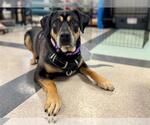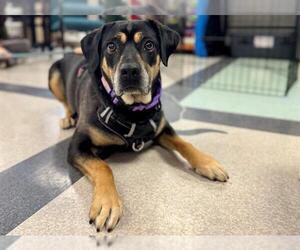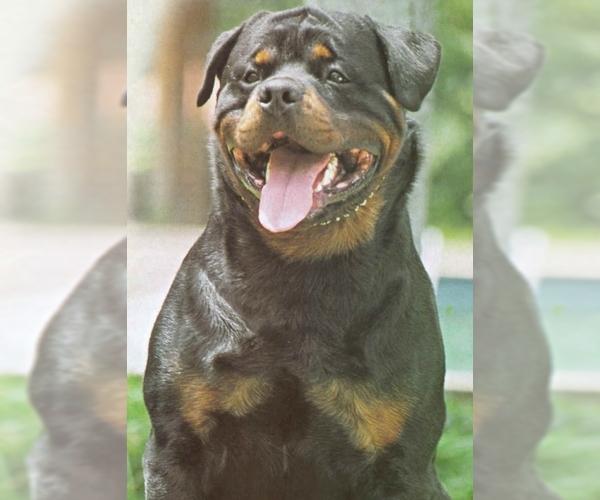
BELLA A433760 - LABRADOR RETRIEVER / ROTTWEILER / MIXED (SHORT COAT) DOG FOR ADOPTION
Labrottie Dogs For Adoption in Petaluma, CA, USA
For Adoption
-
Nickname:
Bella A433760
-
Breed
-
Gender
Female
-
Age
Adult
-
Location
Petaluma, CA, 95403 USAUSA
Description
Dog Breed: Labrador Retriever / Rottweiler / Mixed (short coat). This animal is available at: Sonoma County Animal Services (707) 565-7100 PLEASE DO NOT CONTACT NORTH BAY Bella A433760 Located At: Sonoma County Animal Services Description: I am a spayed female, black Labrador Retriever mix. Age: I am estimated to be about 3 years old. Weight: I weigh approximately 71 pounds. More Info: I have been at the shelter since Aug 06, 2025. For more information about this animal, call: Sonoma County Animal Services at (707) 565-7100 1247 Century Court, Santa Rosa Tuesday - Saturday 12:00 - 5:00 p.m. Adoptions are processed until 4:30 p.m.
-
Physical Attributes
Coat Length: Short -
Behavioral Characteristics
Other: - Housetrained
-
Additional Information
Was the Dog Found No Other - Up-to-date on Vaccinations
Let PuppyFinder Help!
Save Time. Get The Right Match. Buy Puppy Safer.
CREATE A WANTED ADRescue Information
-
Organization name
North Bay Canine Rescue and Placement
-
Location:
Petaluma, California, 94955 USAUSA
Breed overview

Overview:
The Labrottie, a captivating crossbreed of the Labrador Retriever and Rottweiler, originated from the desire to combine the best traits of both parent breeds. These medium-to-large dogs typically inherit a sturdy, athletic build with a short, dense coat that can vary in color from black and brown to yellow or chocolate, often with Rottweiler-like markings. Temperamentally, Labrotties are known for being loyal, intelligent, and often possess a playful yet protective nature, making them excellent family companions. Early socialization and consistent training are crucial to harness their intelligence and ensure they are well-adjusted. While adaptable, their size and energy levels mean they are generally not well-suited for apartment living, thriving instead in homes with ample space and a yard. Health considerations can include those common to their parent breeds, such as hip and elbow dysplasia, certain cancers, and heart conditions, so responsible breeding practices and regular veterinary care are essential for a long, healthy life.
See more...


